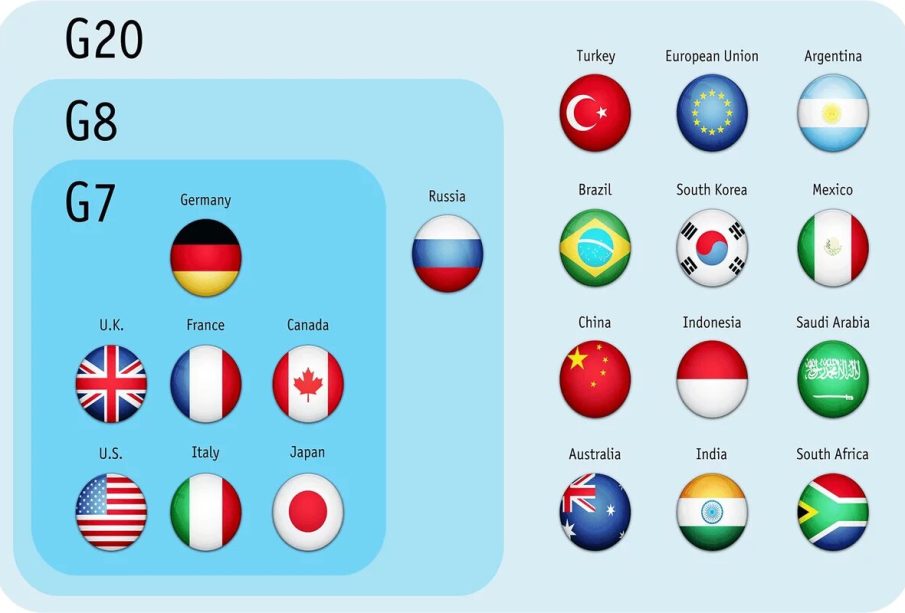Understanding the G7 Countries and Their Global Impact

Introduction
The Group of Seven (G7) countries, comprising Canada, France, Germany, Italy, Japan, the United Kingdom, and the United States, represent some of the world’s largest advanced economies. Formed in the 1970s, the G7 serves as a platform for these nations to discuss and coordinate economic and international policies. The significance of the G7 lies not just in its economic power, which collectively accounts for around 40% of global GDP, but also in its ability to address pressing global challenges such as climate change, security, and public health.
Recent Developments
The G7’s influence continues to be crucial as the world navigates challenges like the COVID-19 pandemic and geopolitical tensions. During the recent summit held in Hiroshima, Japan in May 2023, leaders from G7 countries convened to discuss a range of topics, including economic cooperation, climate change initiatives, and responses to Russia’s invasion of Ukraine. One of the key goals was to reinforce a united front against authoritarian regimes, emphasizing the protection of democratic values and human rights.
Furthermore, the G7 pledged to enhance support for developing nations, particularly in climate financing, committing billions to help these countries transition to greener economies. They also discussed the implementation of new trade policies aimed at reducing reliance on a single supply chain, particularly in countries like China, which has been a growing concern amidst increasing tensions.
Key Outcomes and Future Perspectives
The outcomes of the G7 summit indicate a strategic shift toward multilateralism and collaboration in facing global challenges. The commitment to climate initiatives signals a recognition that addressing environmental issues requires a united approach. As global crises evolve, the G7’s role may expand to include broader discussions about technological innovation and cybersecurity, especially as digital threats rise.
In conclusion, the G7 countries remain a vital force in shaping global policies and addressing international challenges. Their ability to coordinate and present a unified stance on key issues will be essential for promoting stability and resilience in an ever-changing world. As we look to the future, the G7’s adaptability in focusing on emerging threats and supporting global initiatives will continue to impact international relations and economic strategies.







